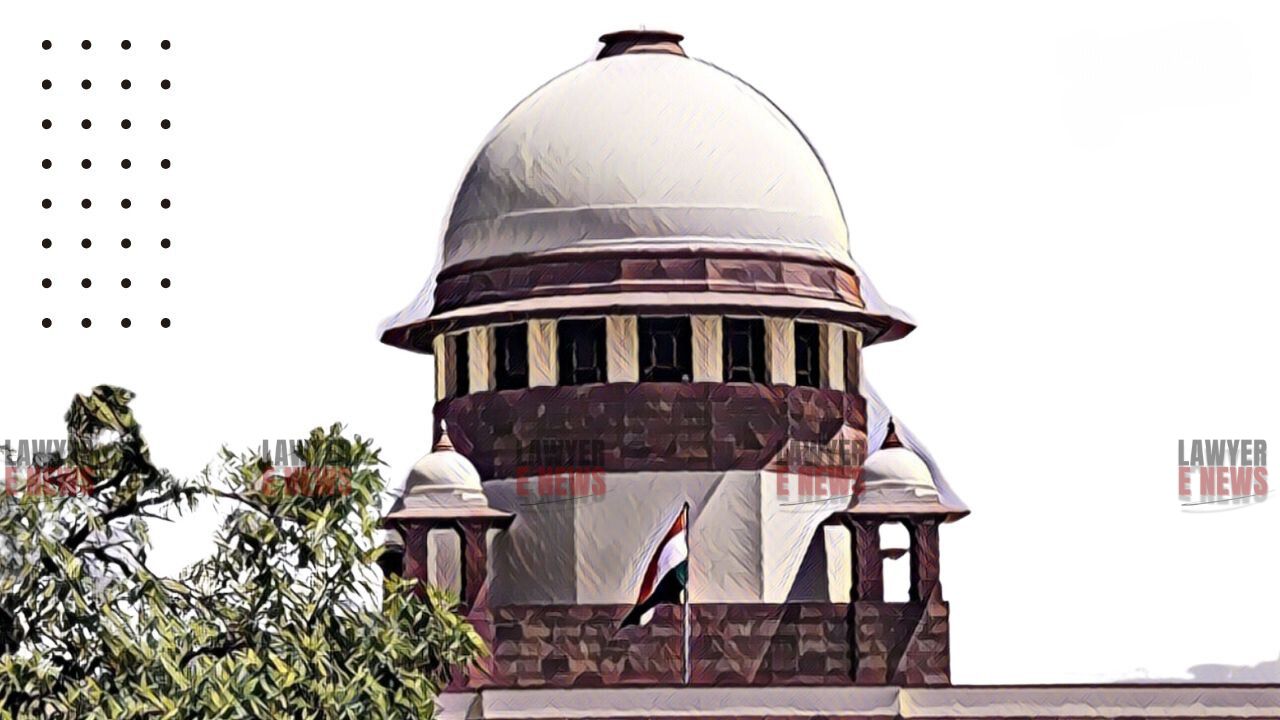-
by Admin
15 February 2026 2:36 AM



Active Consent Cannot Be Construed as Lack of Consent Merely Due to a Failed Relationship, Supreme Court of India set aside the judgment of the Delhi High Court and quashed an FIR alleging rape under Section 376(2)(n) IPC and criminal intimidation under Section 506 IPC. The Court ruled that the relationship between the appellant and the complainant was consensual, and continuing the prosecution would constitute an abuse of the legal process.
"A mere breakup of a consensual relationship between a man and a woman cannot give rise to criminal proceedings under Section 376 IPC when the relationship was established voluntarily, with mutual consent, and without any promise of marriage at the outset." [Para 19]
The complainant filed FIR No. 272 of 2019 under Sections 376(2)(n) and 506 IPC, alleging that the appellant had coerced her into a sexual relationship under the false promise of marriage. The FIR further claimed that the appellant used threats to force sexual relations and subsequently refused to marry the complainant.
The appellant, in his defense, filed a petition under Section 482 of the CrPC in the Delhi High Court seeking quashing of the FIR, citing contradictions in the complainant's statements and asserting that their relationship was consensual. However, the High Court dismissed the petition, stating that the complainant's lack of consent was evident and the charges warranted a trial. Aggrieved, the appellant approached the Supreme Court.
Consent in Sexual Relationships and Alleged False Promise of Marriage: The primary issue was whether the appellant's actions constituted rape under Section 376(2)(n) IPC by vitiating the complainant's consent through a false promise of marriage.
The Court referred to Pramod Suryabhan Pawar v. State of Maharashtra, (2019) 9 SCC 608, which held that a false promise to marry must be made in bad faith and at the inception of the relationship to vitiate consent.
In the present case, the Court observed that there was no evidence of a false promise of marriage at the outset of the relationship in 2017. The relationship was found to be consensual, with both parties engaging in a voluntary physical relationship.
"The complainant was aware of the consequences of her actions and continued her relationship with the appellant voluntarily for over two years. Such a relationship, even if it does not culminate in marriage, cannot be criminalized." [Para 19]
The Court noted significant contradictions in the complainant's FIR, medical report, and statement under Section 164 CrPC. While the FIR alleged rape in January 2019, the medical report suggested the incident occurred a week before the complaint, and the Section 164 statement mentioned repeated visits to the appellant's residence.
Court's Observation: "The complainant's prolonged association with the appellant and the inconsistency in her statements reflect a consensual relationship, devoid of coercion or threat." [Para 18]
The complainant alleged that the appellant threatened her and her brother to coerce her into a sexual relationship. However, the Court found no evidence to substantiate this claim, especially given the cordiality of their relationship over two years.
Court's Observation: "There cannot be a case of criminal intimidation when the parties were in a consensual relationship, intending to marry at one point in time." [Para 20]
Both the appellant and complainant were now married to other individuals. The Court held that continuing the prosecution would serve no purpose and would amount to an abuse of the judicial process.
Court's Remark: "The continuation of the prosecution in the present case would amount to a gross abuse of the process of law. Both parties have moved on in their respective lives, and no purpose would be served by allowing the trial to proceed." [Para 19, 21]
State of Haryana v. Bhajan Lal, 1992 Supp (1) SCC 335: The Court reiterated the principles for quashing criminal proceedings under Section 482 CrPC, including when the FIR does not disclose a cognizable offense or when the proceedings are manifestly attended with mala fides.
Pramod Suryabhan Pawar v. State of Maharashtra, (2019) 9 SCC 608: The Court applied the principles of consent and false promise of marriage to determine that the appellant's actions did not constitute rape.
XXXX v. State of Madhya Pradesh, (2024) 3 SCC 496: The Court emphasized that consensual relationships cannot be criminalized simply due to a subsequent breakup or failure to marry.
The Supreme Court allowed the appeal, quashing FIR No. 272 of 2019 and all related proceedings. The Court concluded that the allegations did not constitute offenses under Sections 376(2)(n) or 506 IPC and that the prosecution was an abuse of the legal process.
This judgment underscores the distinction between consensual relationships and criminal liability under the guise of a false promise of marriage. It reiterates that consensual relationships, even if they do not result in marriage, cannot be retroactively criminalized.
Date of Decision: November 20, 2024
